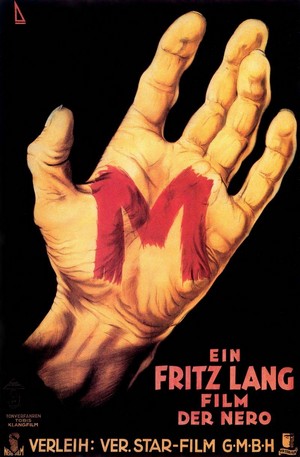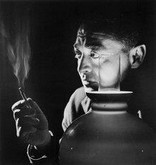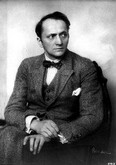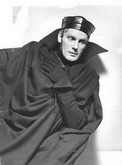
M - Eine Stadt Sucht einen Mörder (1931)
M / Murderers among Us

Raiting: ![]() 8,3 /10
8,3 /10
Genre: Crime
Director: Fritz Lang
Stars: Peter Lorre, Gustaf Gründgens and Otto Wernicke
Country: Germany
Release date: 11 May 1931
Length: 117 minutes / 110 minutes (dvd)




